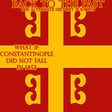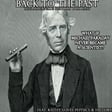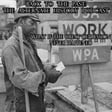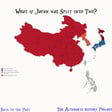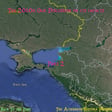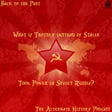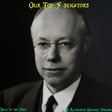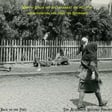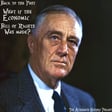
What if the Taft-Hartley Act never existed?
The Taft–Hartley Act, is a United States federal law that restricts the activities and power of labor unions. It was enacted by the 80th United States Congress over the veto of President Harry S. Truman, becoming law on June 23, 1947. Taft-Hartley was introduced in the aftermath of a major strike wave in 1945 and 1946. Though it was enacted by the Republican-controlled 80th Congress, the law received significant support from congressional Democrats. The Taft–Hartley Act amended the 1935 National Labor Relations Act (NLRA), prohibiting unions from engaging in several unfair labor practices. Among the practices prohibited by the Taft–Hartley act are jurisdictional strikes, wildcat strikes, solidarity or political strikes, secondary boycotts, secondary and mass picketing, closed shops, and monetary donations by unions to federal political campaigns. It also enabled states to pass right-to-work laws which would ban union shops.
Although Truman vetoed the Taft-Hartley Act, congress overrode his veto with the required majority needed. The Taft-Hartley Act would continue to generate controversy for some time.
However, what would happen if the Taft-Hartley Act never existed? Would the Wagner Act remain unaffected? Or could we see the potential repeal of the Wagner Act as a whole? The Wagner Act guarantees the right for workers to unionize in private industry.
--------------------------------------------------------------------------------------------------
Want to discuss this further, or just want to contact us? Reach us on our socials, or join the community on Kloka!
Twitter: @BackToThePastP1 https://bit.ly/39ts3CG
Instagram: @backtothepastp1 https://bit.ly/34lcwBD
Rate this podcast! https://ratethispodcast.com/althistory
Check out our website! https://kloka.org/backtothepast
Email us if you have any questions or comments! back2thepastpodcast@gmail.com
Podcast Transcript: https://kloka.org/go/althistranscripts
--- Send in a